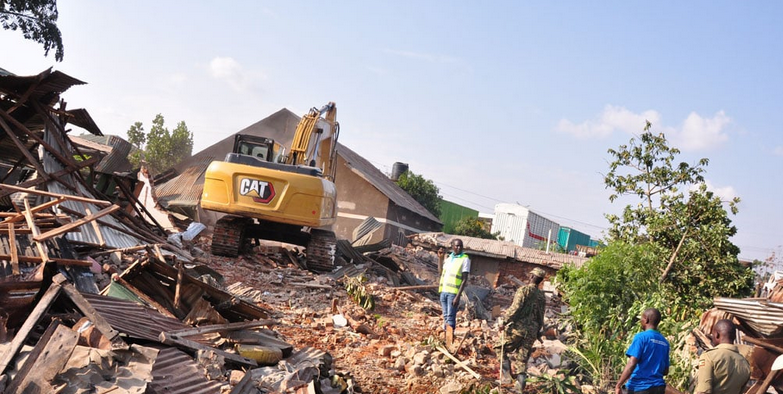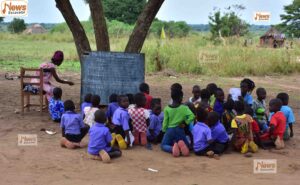
OPINION
Lilliane Babirye
Executive Director
Network Of Women in Politics (NOWIP)
The National Environmental Management Authority (NEMA) in Uganda has launched an ambitious initiative to restore various ecosystems, including the Lubigi wetland, in alignment with the National Environmental Act. While the ecological benefits of these restoration efforts are significant, the socio-economic consequences for the affected communities have been severe, demanding immediate attention and action.
The restoration process has inflicted numerous adverse impacts on local communities. Short notifications left residents unprepared for the drastic changes, resulting in many families losing their homes and belongings as NEMA demolished structures within the Lubigi gazetted map. Businesses and sources of income have been destroyed, leaving families without the means to support themselves. Displaced families, particularly women and children, are now living in precarious conditions on roadsides, verandas, churches, and building corridors. The lack of shelter and basic amenities exposes these individuals to diseases, hunger, and respiratory issues.
Numerous women and their children are homeless, without any source of income, shelter, or basic needs, exacerbating their vulnerability to sexual exploitation and harsh daily living conditions.
Future restoration efforts must prioritize minimizing human suffering and enhancing community resilience. NEMA must be more vigilant to prevent local populations from encroaching on wetlands and natural resources. Additionally, comprehensive socio-economic impact assessments should be conducted before initiating restoration projects to understand and mitigate potential adverse effects on local communities.
NEMA must engage affected communities, particularly women, in planning and decision-making processes to ensure that their needs and concerns are addressed. Since many claim to hold land titles, it raises the question of who sold them land in a conserved wetland area.
For the remaining restoration efforts, it is crucial that NEMA provides adequate information prior to destroying the homes and businesses of residents to mitigate risks of helplessness, shock, and even death. Supporting their resettlement is essential to help displaced individuals transition smoothly to new living conditions.
Balancing environmental goals with socio-economic and gender-sensitive considerations will enable NEMA and the Ugandan government to achieve sustainable restoration outcomes that benefit both the environment and local communities. Establishing emergency shelters for displaced families will provide immediate relief and reduce health risks. Offering livelihood restoration programs will help affected families, especially women, rebuild their businesses and secure new income sources.
“It is essential that our environmental restoration efforts do not come at the cost of human suffering. Environmental justice is not just about protecting nature; it’s about ensuring that the people who depend on nature for their livelihoods are also protected,” stated Wangari Maathai.
By integrating socio-economic and gender-sensitive approaches, we can ensure that the benefits of restoration are shared equitably among all members of the community.









If NEMA informed culprits 3 years ago to-date with several warnings and reminders and the affected victims including women and youth kept an ignorant ear then what do u expect from nema which has a national constitutional mandate to protect ugandas natural resources including wetlands but also do a restoration mandate for a better environment for cleaner ecosystems management for Ugandans??
Good submission
It was a good submission dear, thanxs
Thank you for engaging
It. Was a good submission dear